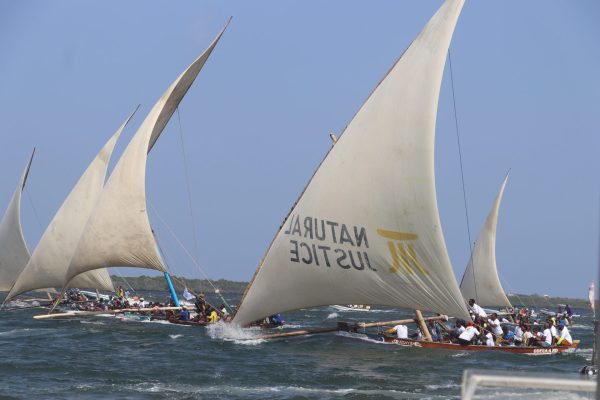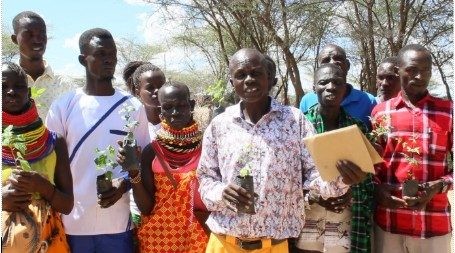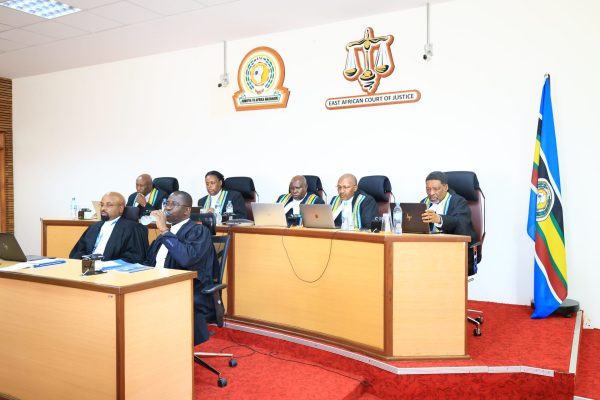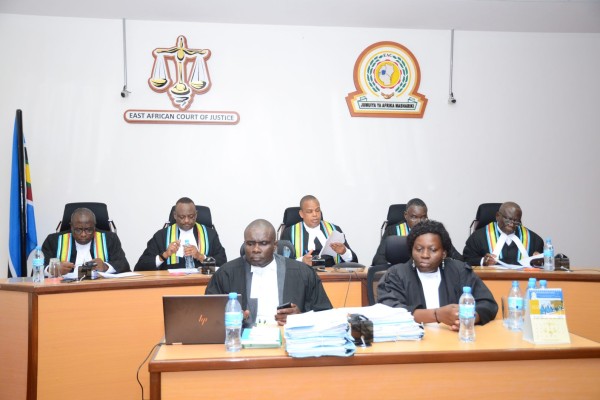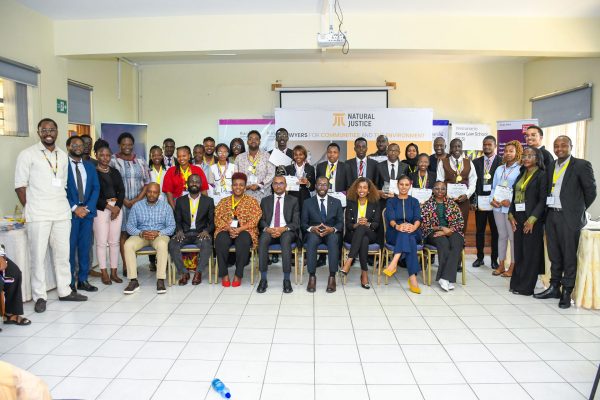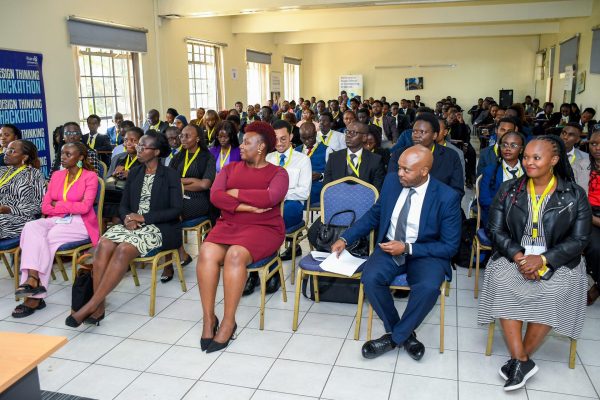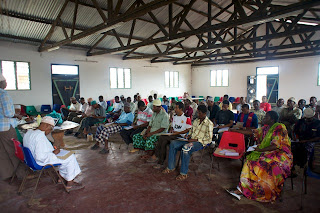
On 25 and 27 April 2012, Natural Justice partner Save Lamu held two stakeholder meetings for Lamu County’s two districts: Lamu West and Lamu East. The meetings were designed to facilitate dialogue among community members, civil servants, and other organizations and individuals involved in and affected by the Lamu Area Port South Sudan-Ethiopia Transit corridor (LAPSSET) project. Over thirty stakeholders attended the 25 April meeting for Lamu West, including the District Commissioner and local chiefs. They listened to the community’s concerns and heard their demands, which included sharing of information by the government, preparation of an environmental and social impact statement, and investigating and addressing land rights violations. As the Chairman of the Lamu Council of Elders stated, the community “is informed, but never consulted.” Importantly, the District Commissioner acknowledged that an environmental impact assessment needs to be prepared for the entire LAPSSET project (as opposed to different phases of the project in piecemeal fashion) and that land rights are an important issue that needs to be dealt with. He committed to engaging with the community as plans for the port develop.
The 27 April meeting for Lamu East took place in Faza, on Pate Island, and was attended by over fifty stakeholders, including community members, chiefs and religious leaders. Members of Save Lamu provided information on Save Lamu’s activities and goals. They shared assessments of positive and negative impacts of the port that had been prepared by community members during meetings held the previous month. Additionally, the Faza meeting allowed community members from Lamu East to learn about Save Lamu’s objectives, express their concerns regarding the port, and to raise issues with chiefs in attendance. With the 25 and 27 April meetings, Save Lamu took further steps toward ensuring that the community’s voice is heard in the development of the LAPSSET project.
Save Lamu is a member of the African BCP Initiative, coordinated jointly by Natural Justice, CIKOD, Compas ED and the ABS Capacity Development Initiative for Africa.

